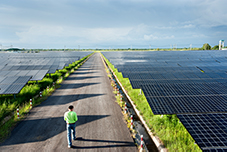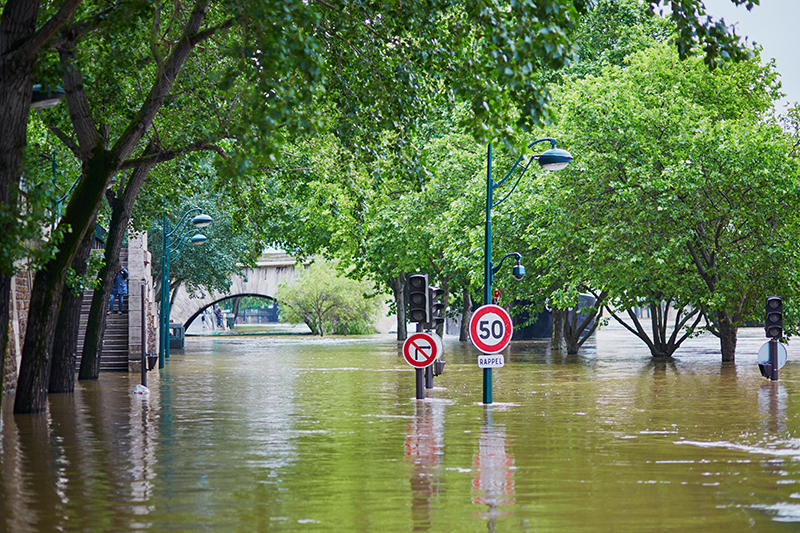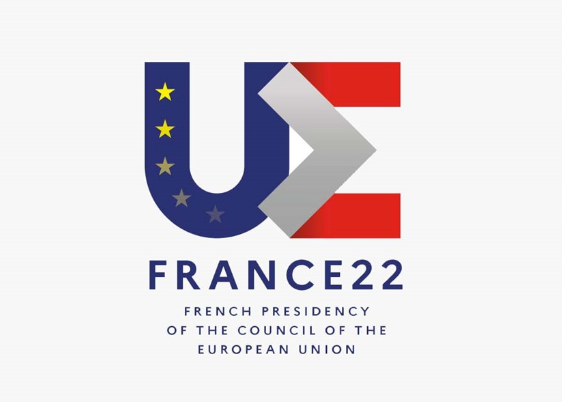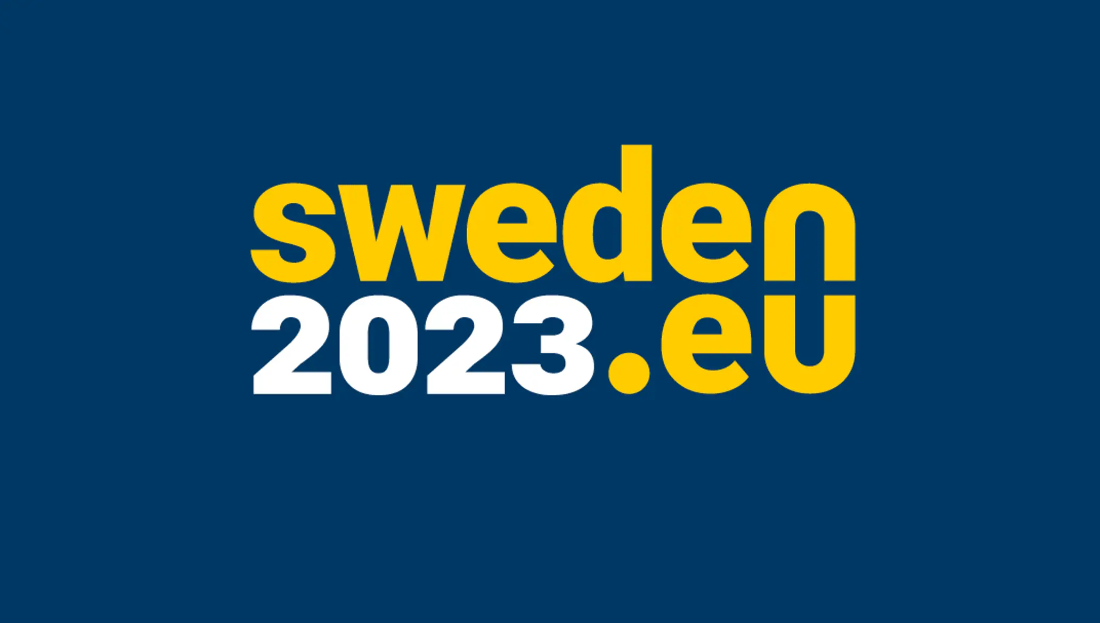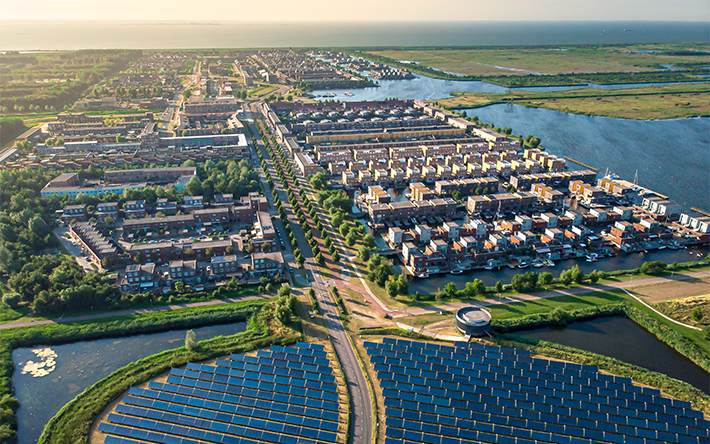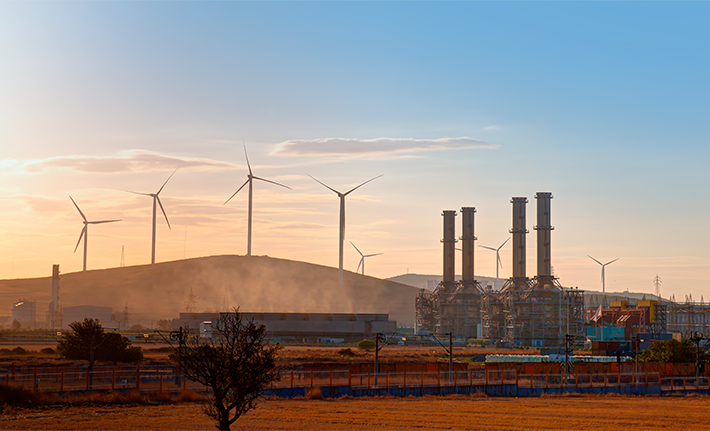A just transition at European level focuses on two core issues for transition, moving towards a green and digital Europe where no one will be left behind.
As a committed party to the Paris Climate Agreement, the EU submitted its long-term low greenhouse gas emission development strategy to the United Nations Framework Convention on Climate Change (UNFCCC) in March 2020. It sets out the extent of the transition across sectors and regions and lays the ground for designing a just transition.
Green and digital transition
At the heart of the EU’s long-term strategy is the European Green Deal, which is one of six European Commission priorities for 2019–2024. It will contribute to the financing of the transition that Europe faces through its Just Transition Mechanism.
Responding to the way digital technology is changing our lives, another Commission priority is to create a Europe fit for the digital age, leading the transition to a healthy planet and a new digital world through its European Digital Strategy.
Strong social Europe for just transitions
In January 2020, the European Commission presented its Communication ‘A strong social Europe for just transitions’. This vision to reinforce social Europe prepares the way for an Action Plan to implement the European Pillar of Social Rights, which is the European social strategy to make sure that the ‘transitions of climate neutrality, digitalisation and demographic change are socially fair and just’.
Eurofound’s work related to the just transition links in with several of the Commission’s 2019–2024 priorities, and is highly relevant here.
European Industrial Relations Dictionary
